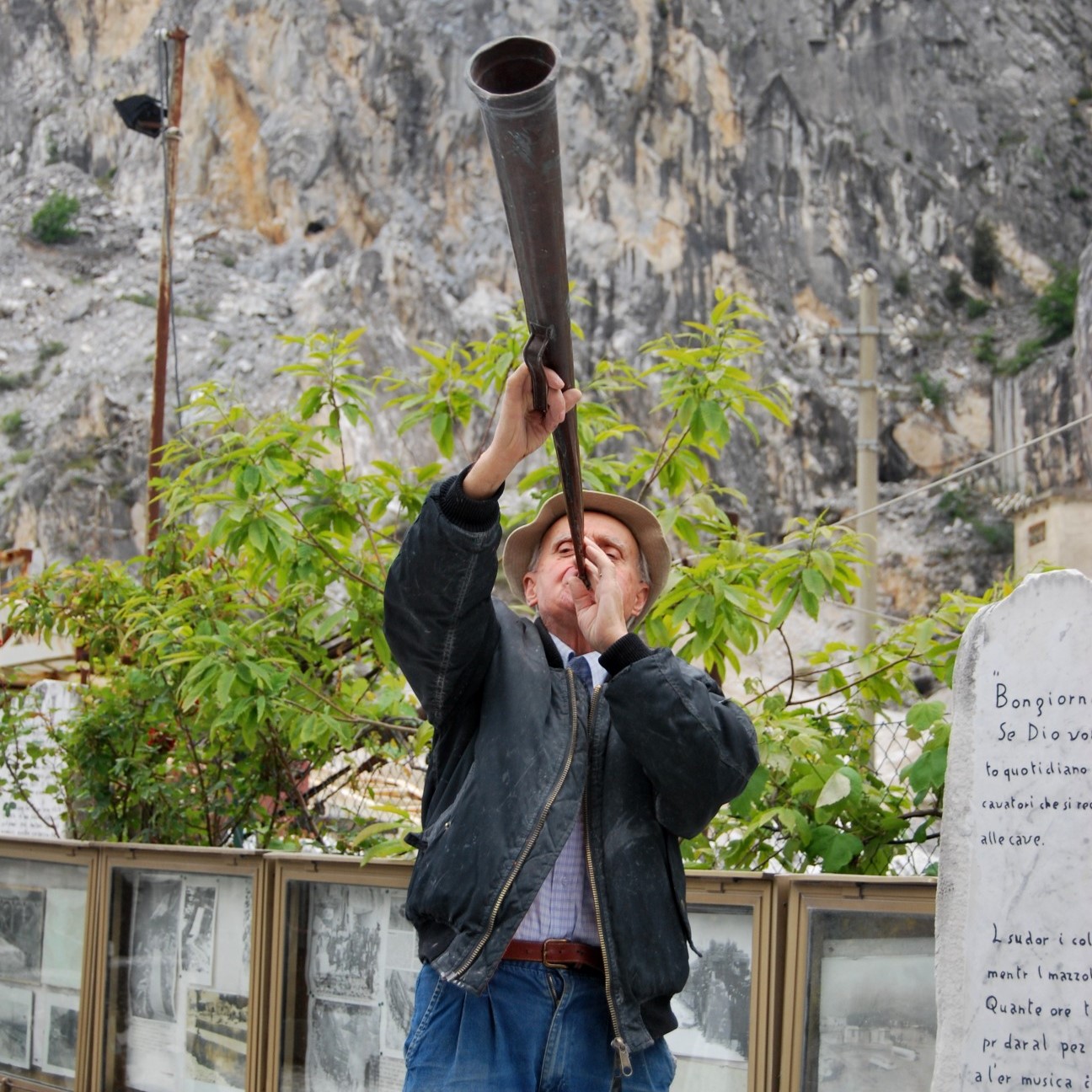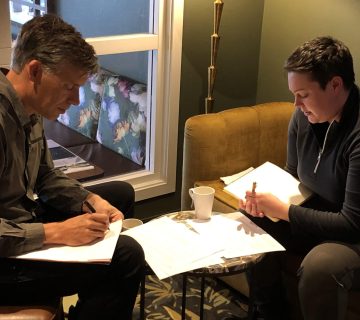An array of activities will unfold to meet members’ needs in the next four years.
IE has secured financial support for its activities, which so far largely depended on membership fees, and will allow us to operate on another level. We have received a considerable financial boost from the Creative Europe Networks programme, which is an activity-based grant to sole beneficiaries, and this amounts to 800,000 euros over four years. While this doesn’t seem a lot for an international organisation which has already achieved considerable recognition and developed a cutting-edge training programme, it is nothing less than 400% of our previous annual budget!
The aforementioned international recognition and all the past achievements provided an excellent basis for building a winning proposal. Out of more than 100 applications, 38 received funding. IE proved that heritage interpretation is very much relevant for EU heritage policies, challenges and solutions in the 21st century, and we will use the grant to deliver our core aims through the HI-People project.
What is the HI-People project about?
It is built around four main areas: Training, networking, advocacy and policy. We needed to fulfil the call priorities: International collaboration, culture that involves people, fostering climate action, and sustainable digitalisation. While these were only general requirements, we were keen on enhancing our existing activities as well as including some of the ones from our ‘wish list’.
What can members expect in the next four years?
We’ll organise several international courses in English language and particular groups of members will be eligible for a scholarship; a mentoring scheme will support interpreters that sell their services on the open market; a new module on digital interpretation will be developed; a new cycle of the Learning landscape initiative will involve regions that are keen on developing interpretation holistically. Published guidelines will showcase good practice and establish clear standards for interpreting sustainability and implementing meaningful digital interpretation.
IE will also work with international organisations and involve members in discussions about the guidelines and principles of value-based and people-centred heritage interpretation, a code of ethics and other policy documents that will pave the way to a more recognised profession, better working standards for freelancers and recognition of the importance of interpreters in collaboration projects.
Members will be able to securely connect with each other through a platform that will be built to meet their networking needs, and we’ll continue providing interesting career-supportive content through webinars, publications, conferences, podcasts and much more.
Another project that was approved in parallel is EMPATHS, an Erasmus+ funded collaboration project in which IE as a lead partner will, in partnership with five other organisations, further develop the training for interpretive agents. This training is now being pilot tested within the Learning landscape initiative, supported by UNESCO, and will train interpreters that are keen on promoting heritage interpretation to decision makers and launch participative processes that involve communities in the planning of interpretive strategies.
Members can count on lively engagement and timely communication about all future opportunities. We are excited to start this next chapter of IE and are ready to move up a gear. We look forward to our journey together!
To cite this article: IE Management (2024) ‘We are shifting into fifth gear‘ in Interpret Europe Newsletter 3-2024, pg.5.
Available online: PDF-Newsletter_2024_3.pdf




